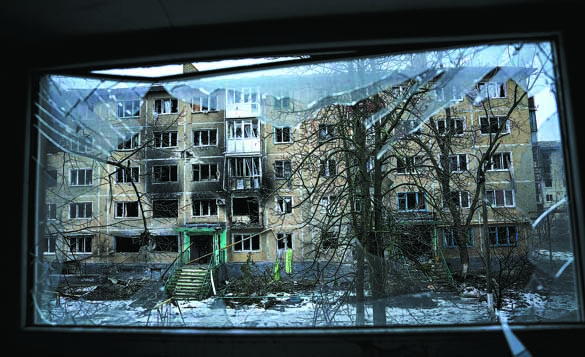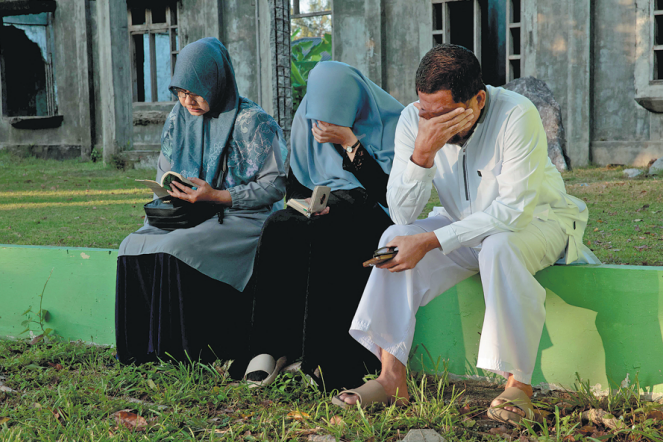Arms quandary has allies at loggerheads


A year after the Ukraine conflict began, it has lasted longer than anyone could have expected. It has developed in ways no one could have foreseen, and its future lies in a direction no one can confidently predict.
Inevitably, an event of such significance has drawn in an increasing number of countries, initially offering humanitarian aid, but as time has passed, more with promises of military support for Kyiv.
As individual countries and organizations such as NATO and the European Union become more involved, the potential for the conflict to spread further grows, lighting fires under more countries' relations with Russia, and leading some people to question the wisdom of hardware support for Ukraine.
It has also exposed divisions among supposed friends and highlighted the frailty of nominally united fronts.
For obvious historical reasons, German military involvement in other countries is hugely sensitive, and when Chancellor Olaf Scholz finally agreed to send tanks, he stressed "with everything that we do, we must always make very clear that we will do what is necessary and possible to support Ukraine, but at the same time to prevent an escalation of the war to a war between Russia and NATO".
Such a move was fodder to Russian President Vladimir Putin, who in a speech to mark the 80th anniversary of the World War II Battle of Stalingrad, the pivotal confrontation in Nazi Germany's failed attempt to defeat the Soviet Union, drew comparisons to encourage Russians to back their country. "It's unbelievable but true," he said. "We are again being threatened by German Leopard tanks."
The newly elected president of the Czech Republic, former NATO general Petr Pavel, backs giving Ukraine every support available.
"When it comes to conventional weapons, I really can see no reason for any limits," he said. "Ukraine cannot fight a tough opponent like this without armored technologies, unmanned aerial vehicles, artillery and longer-range rockets, but maybe also supersonic aircraft."
In neighboring Austria and nearby Hungary, however, the attitude is different. The countries have adopted a joint policy against military involvement, with Hungary's Defense Minister Kristof Szalay-Bobrovniczky tweeting: "Shared history, shared present. We have common views regarding security issues as well. We both agree on avoiding escalation."
Hungarian Prime Minister Viktor Orban is widely regarded as one of Putin's biggest sympathizers in Europe, and speaking to Hungarian public radio in January, he said there was huge international pressure on his country to get involved — "they hit, beat, kick and bite us" — which he would resist.
Klaudia Tanner, Austria's defense minister, told the Euractiv news website that her country was "certainly not politically neutral when it comes to Ukraine", but added that it was "important to emphasize that… we are militarily neutral according to our constitution".
Zoran Milanovic, president of NATO and EU member state Croatia, also said he opposes "sending any lethal arms in there" as it prolongs the conflict.
Further away from the front line, in France, President Emmanuel Macron, one of the first leaders to promise tanks to Ukraine, has refused to rule out sending aerial support.
Regional observers say the conflict between Russia and Ukraine dates back as early as 2014, but it was only events in February last year that brought it to the attention of the wider world. One year on, it remains in the spotlight of world politics.

































